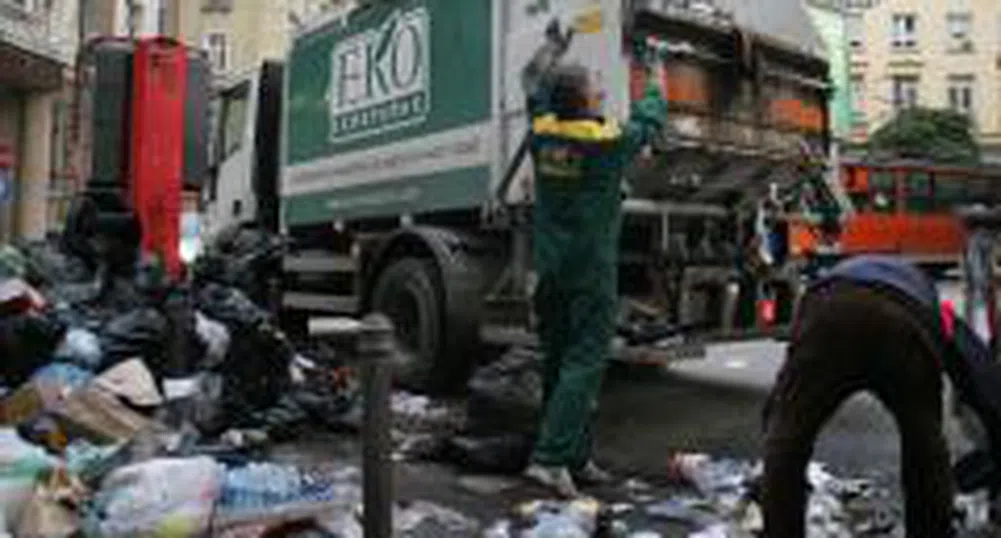Dealing With Sofia's Waste

Attempts to deal with Sofia's waste have failed, and the blame for it belongs above all on the mayor and the leadership of Sofia Municipality that neither had a plant built nor found a lasting solution for depositing waste, President Georgi Purvanov said on Thursday.
He was asked by journalists to comment on Sofia Mayor Boiko Borissov's statement that the state leader had failed to solve the capital's waste problem.
Meanwhile, Borissov told the Sofia municipal councilors that attempts to politicize the problem with the baled waste had caused certain difficulties in solving it.
The problem came to a head when Plovdiv refused to take in more of Sofia's waste and several other municipalities turned down the capital's request. Late on Wednesday Silistra (Northeastern Bulgaria) agreed to take in 180,000 tonnes of Sofia's 600,000 tonnes of baled waste. After the municipality reaffirms its commitment, the financial parameters of the deal are to be agreed.
Purvanov said the government tried to help, including by opening the landfill in Souhodol. The government was indeed slow in working on the strategy and the policy, but still, it helps all mayors within this strategy, while the concrete responsibility for Sofia lies with its mayor, Purvanov said.
"It seems we have split the roles: one is responsible for the good things that are happening, however few they are, while another makes mentor-like comments," Purvanov said. He added that a few years ago he tried to help Sofia and the country solve a really difficult problem, which he described as a "national" problem, and was now surprised to hear Borissov talk about Purvanov's failure.
Waste separation installations will go into operation at the Souhodol landfill and on the site at the village of Trebich by the end of September, Borissov told the municipal councilors. An environmental impact assessment report on the opening of the first enclosure of the Souhodol landfill is due for public discussion in November.
An integrated permit for the opening of the second enclosure was issued in August. This, according to Borissov, makes the landfill's operation fully legal at a time when dozens of towns deposit their waste in unlawful tips.
A memorandum of intent about the use of flammable waste is to be signed with Devnya Cement. The only drawback is that the cement plant's capacity is 160 tonnes a day, Borissov said. However, waste can be burned in cogeneration capacity as well.
Retailers Doverie Brico, Adriatic Group BG and 345 and ice-cream maker Darko have signed an agreement with Sofia Municipality to introduce biodegradable packaging.
On Friday, the Sofia Municipal Council and the government will sign a memorandum of understanding for the quick implementation of a waste management project.
Source: BGNES
)
&format=webp)
&format=webp)
&format=webp)
&format=webp)
&format=webp)
&format=webp)
&format=webp)
&format=webp)